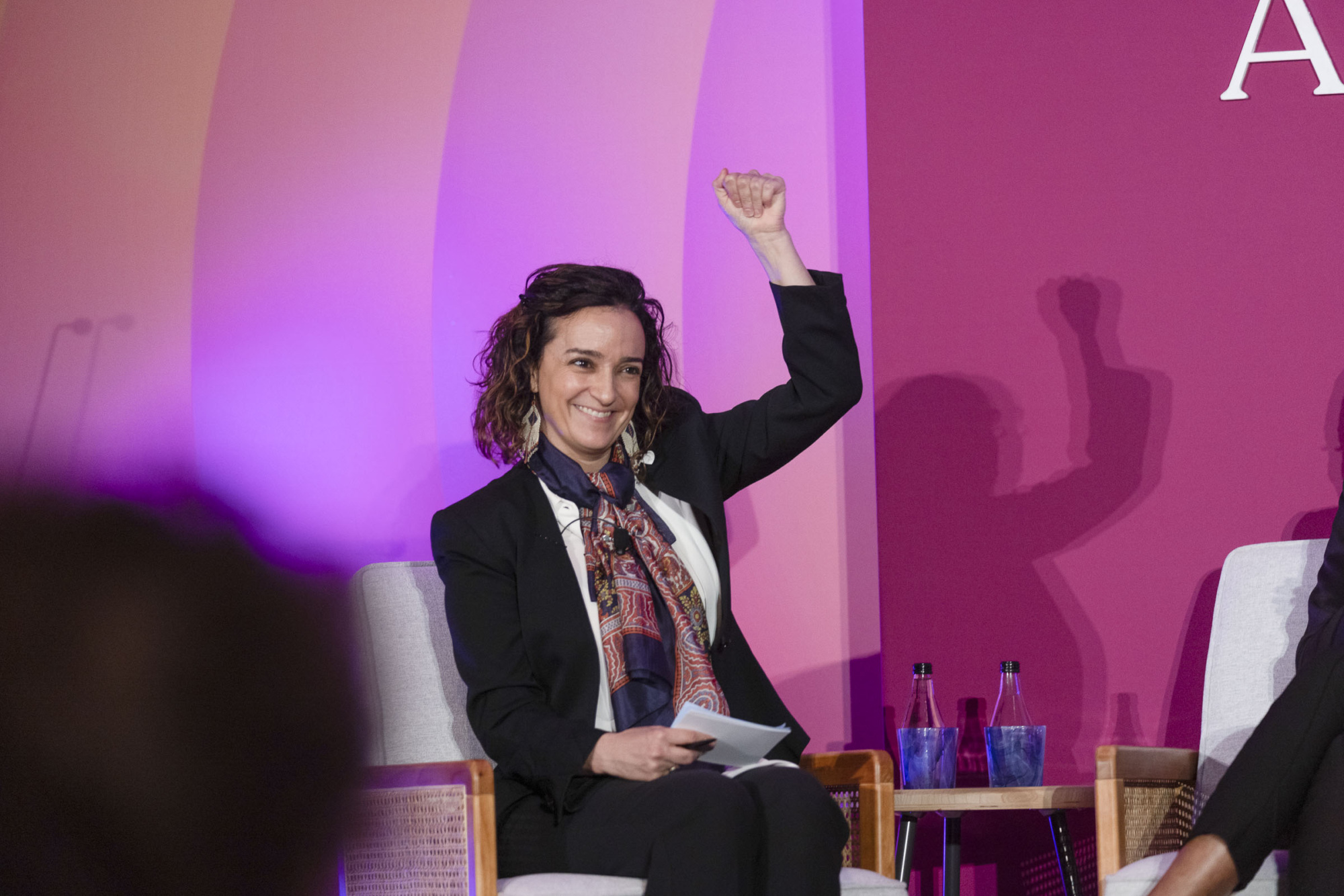<2%
of philanthropic funding in the US goes to gender equality efforts.

In the run-up to Generation Equality Forum (GEF), Women Moving Millions (WMM) and the UN Foundation came together to engage our community in the GEF agenda-setting process, both to strengthen our understanding of the process and drive additional commitments to support GEF’s bold, feminist agenda. Through a four-part conversation series, we invited renowned philanthropy and private sector leaders, advocates, and experts in their respective fields to explore key questions that intersect with the issues of gender equality and philanthropy.
This report will explore key themes and topics from each of those four conversations
Conversation 1: Building Strong & Resilient Movements
Conversation 2: Preventing and Decreasing Gender-based violence
Conversation 3: Feminist Action for Climate Justice
Conversation 4: Transforming Economic Justice
In the run-up to Generation Equality Forum (GEF), Women Moving Millions (WMM) and the UN Foundation came together to engage our community in the GEF agenda-setting process, both to strengthen our understanding of the process and drive additional commitments to support GEF’s bold, feminist agenda. Through a four-part conversation series, we invited renowned philanthropy and private sector leaders, advocates, and experts in their respective fields to explore key questions that intersect with the issues of gender equality and philanthropy.
In the run-up to Generation Equality Forum (GEF), Women Moving Millions (WMM) and the UN Foundation came together to engage our community in the GEF agenda-setting process, both to strengthen our understanding of the process and drive additional commitments to support GEF’s bold, feminist agenda. Through a four-part conversation series, we invited renowned philanthropy and private sector leaders, advocates, and experts in their respective fields to explore key questions that intersect with the issues of gender equality and philanthropy.
This report will explore key themes and topics from each of those four conversations
Conversation 1: Building Strong & Resilient Movements
Conversation 2: Preventing and Decreasing Gender-based violence
Conversation 3: Feminist Action for Climate Justice
Conversation 4: Transforming Economic Justice
In the run-up to GEF, Women Moving Millions (WMM) and the UN Foundation came together to engage our community in the GEF agenda-setting process, both to strengthen our understanding of the process and drive additional commitments to support GEF’s bold, feminist agenda. Through a four-part conversation series, we invited renowned philanthropy and private sector leaders, advocates, and experts in their respective fields to explore key questions that intersect with the issues of gender equality and philanthropy.
This report will explore key themes and topics from each of those four conversations
Conversation 1: Building Strong & Resilient Movements
Conversation 2: Preventing and Decreasing Gender-based violence
Conversation 3: Feminist Action for Climate Justice
Conversation 4: Transforming Economic Justice

CONVERSATION 1
SPEAKER
Kavita Ramdas, CEO & President, Nathan Cummings Foundation
SPEAKER
MODERATOR
Michelle Milford Morse, Vice President, Women and Girls Strategy, UN Foundation
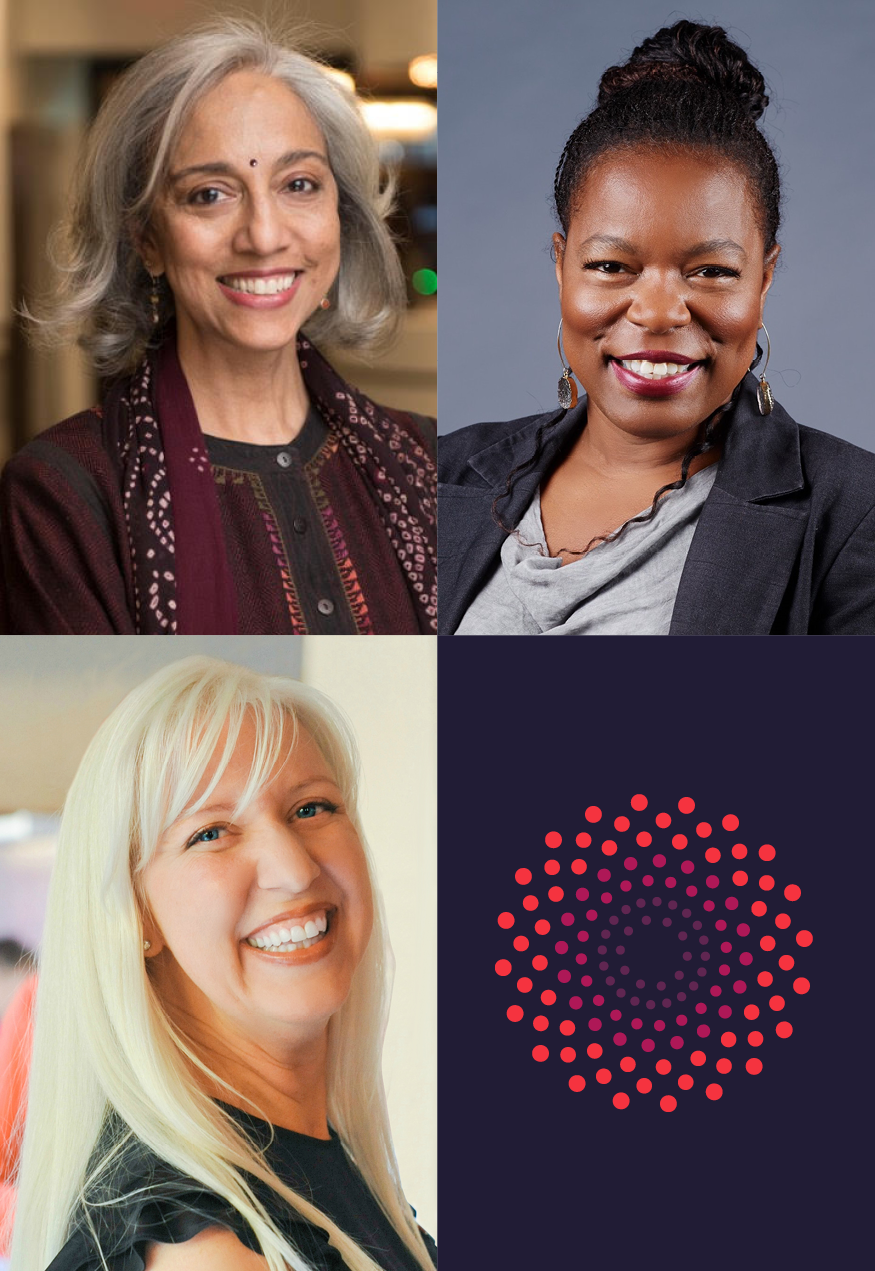
SPEAKER
Kavita Ramdas, CEO & President, Nathan Cummings Foundation
SPEAKER
MODERATOR
Michelle Milford Morse, Vice President, Women and Girls Strategy, UN Foundation

Building Strong & Resilient Movements
of philanthropic funding in the US goes to gender equality efforts.
COVID-19 cost women globally over $800 billion in lost income in one year.
women working in the informal economy.
CONVERSATION 2
SPEAKER
SPEAKER
Phumzile Mlambo-Ngcuka, UN Under-Secretary-General & Executive Director, UN Women
MODERATOR
Theo Sowa, Independent Advisor, Feminist Activist & Co-Chair, Equality Fund.
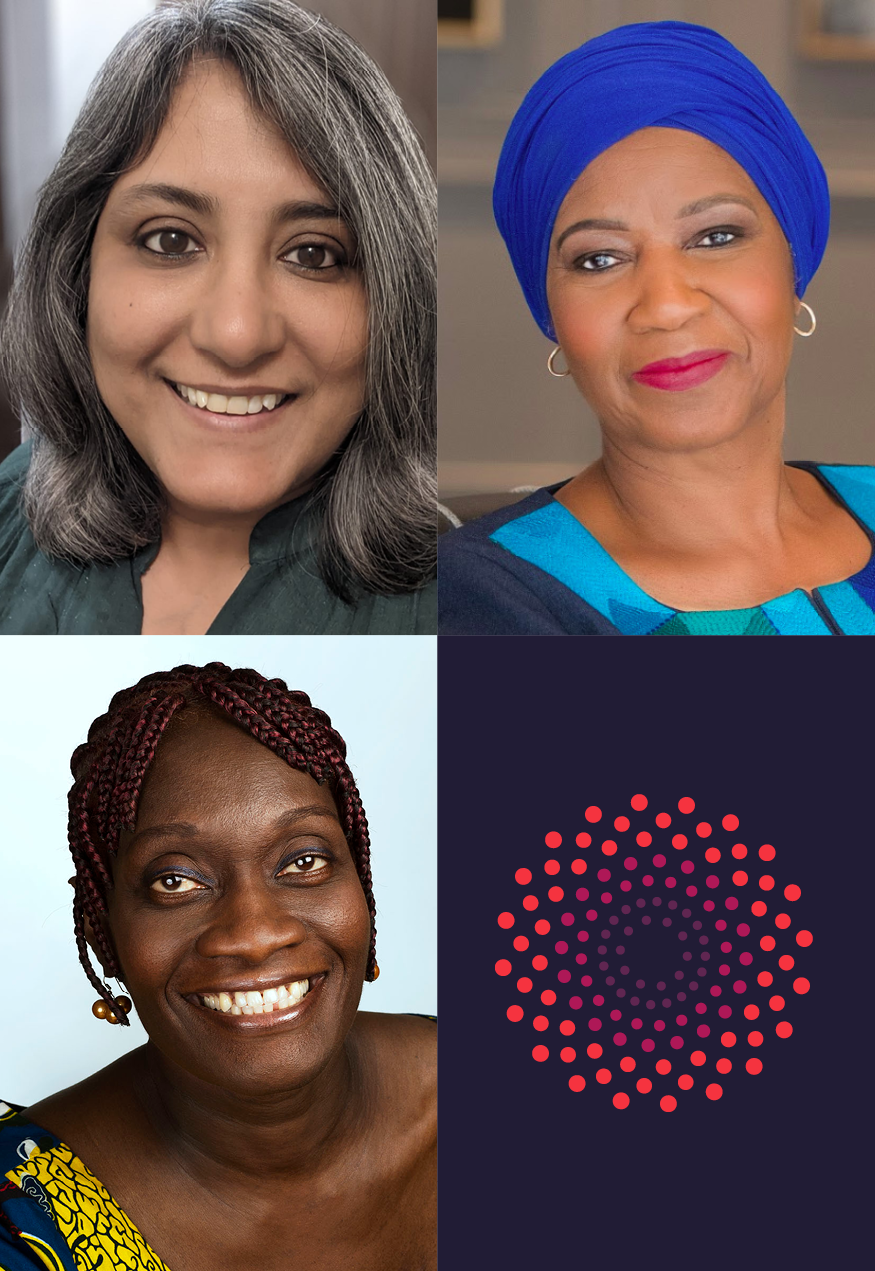
SPEAKER
SPEAKER
Phumzile Mlambo-Ngcuka, UN Under-Secretary-General & Executive Director, UN Women
MODERATOR
Theo Sowa, Independent Advisor, Feminist Activist & Co-Chair, Equality Fund.
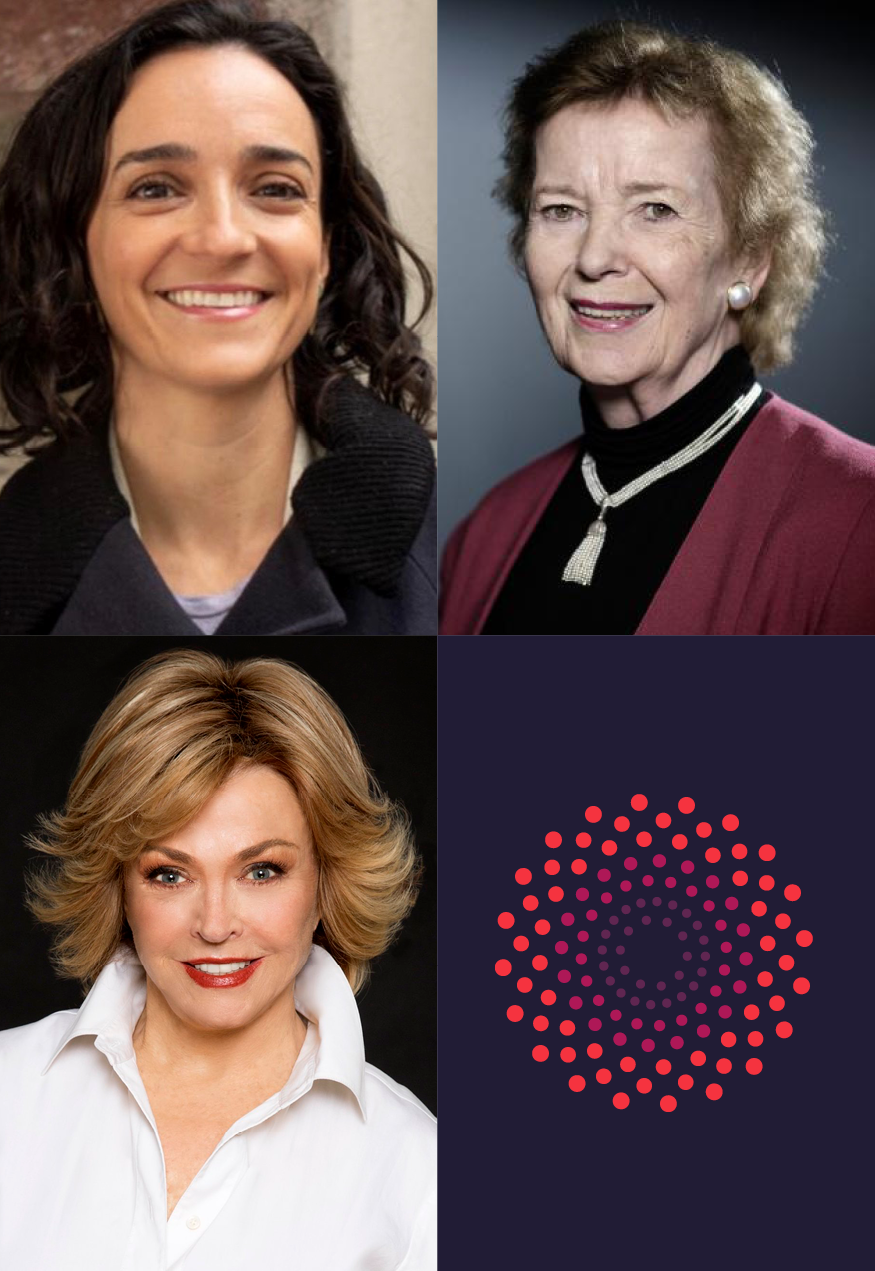
Preventing and Decreasing Gender-Based Violence
women has been subject to intimate partner violence and/or non-partner sexual violence in their life.
increase in calls to domestic abuse helplines during the COVID-19 pandemic.
of the women who experience violence globally seek help of any sort.
CONVERSATION 3
SPEAKER
Laura Garcia, President & CEO, Global Greengrants Fund
SPEAKER
Mary Robinson, Former President of Ireland
MODERATOR
Pat Mitchell, Editorial Director, TEDWOMEN

SPEAKER
Laura Garcia, President & CEO, Global Greengrants Fund
SPEAKER
Mary Robinson, Former President of Ireland
MODERATOR
Pat Mitchell, Editorial Director, TEDWOMEN

Feminist Action for Climate Justice
of people displaced by climate change are women.
of all national parliamentarians are women.
of the money for climate justice goes towards women’s organizations.
CONVERSATION 4
SPEAKER
Ann Cairns, Executive Vice-Chair at Mastercard
SPEAKER
Rosita Najmi, Head of Global Social Innovation at Paypal
MODERATOR
Rosie Campbell, Director at the Global Institute for Women’s Leadership at King’s College
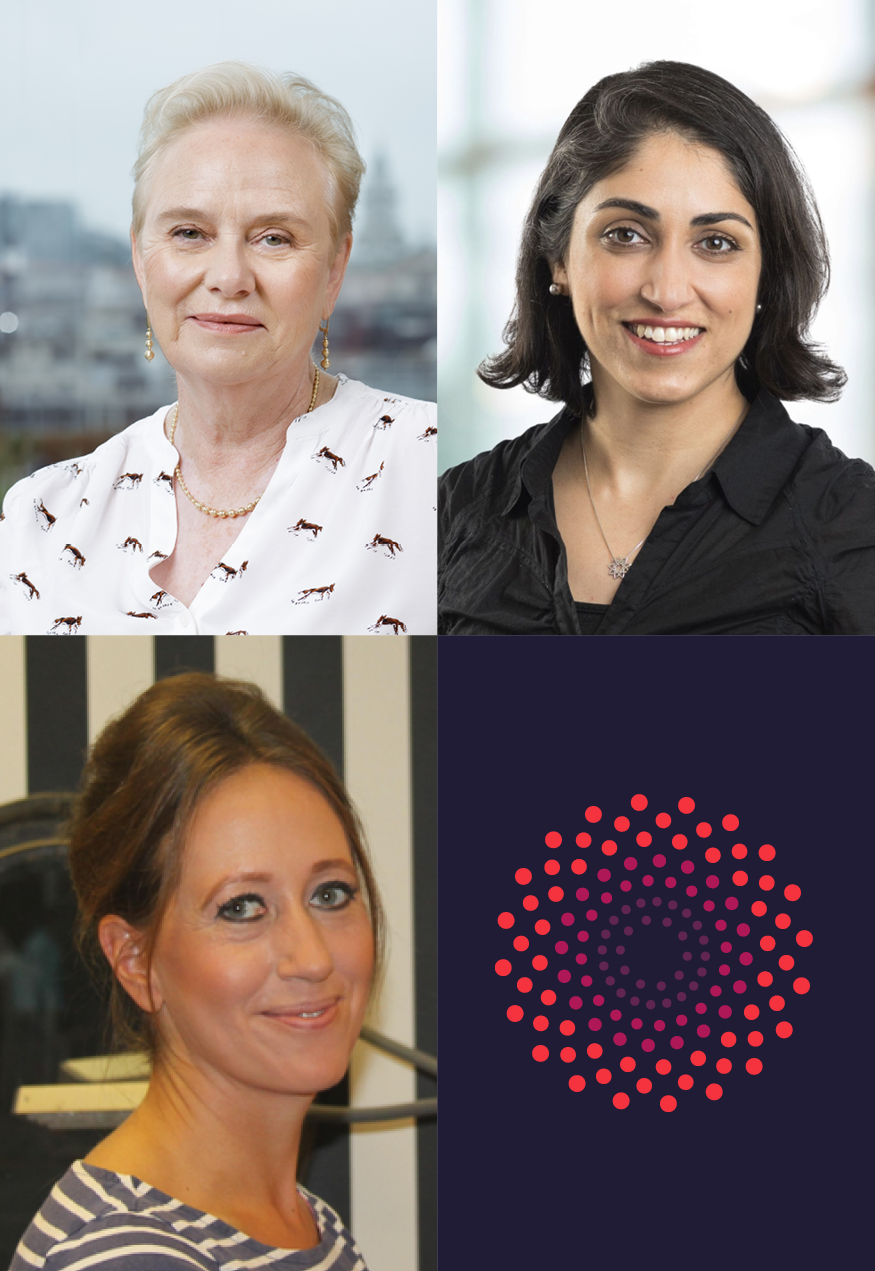
SPEAKER
Ann Cairns, Executive Vice-Chair at Mastercard
SPEAKER
Rosita Najmi, Head of Global Social Innovation at Paypal
MODERATOR
Rosie Campbell, Director at the Global Institute for Women’s Leadership at King’s College

Transforming Economic Justice to advance Gender Equality
of all global employment is made up by women but women account for 54 per cent of overall pandemic job losses.
of women identified an increase in caring duties during the pandemic.
Women spend up to 10 times more time on unpaid labor than men.
These rich and substantive discussions in this series have helped to situate philanthropy’s role in advancing the actions set out at the Generation Equality Forum. While each area requires expertise and knowledge to create effective solutions to their issues, what binds them together are the bold and new ways in which philanthropists can begin to fund gender-equal initiatives to see sustainable and transformative change.
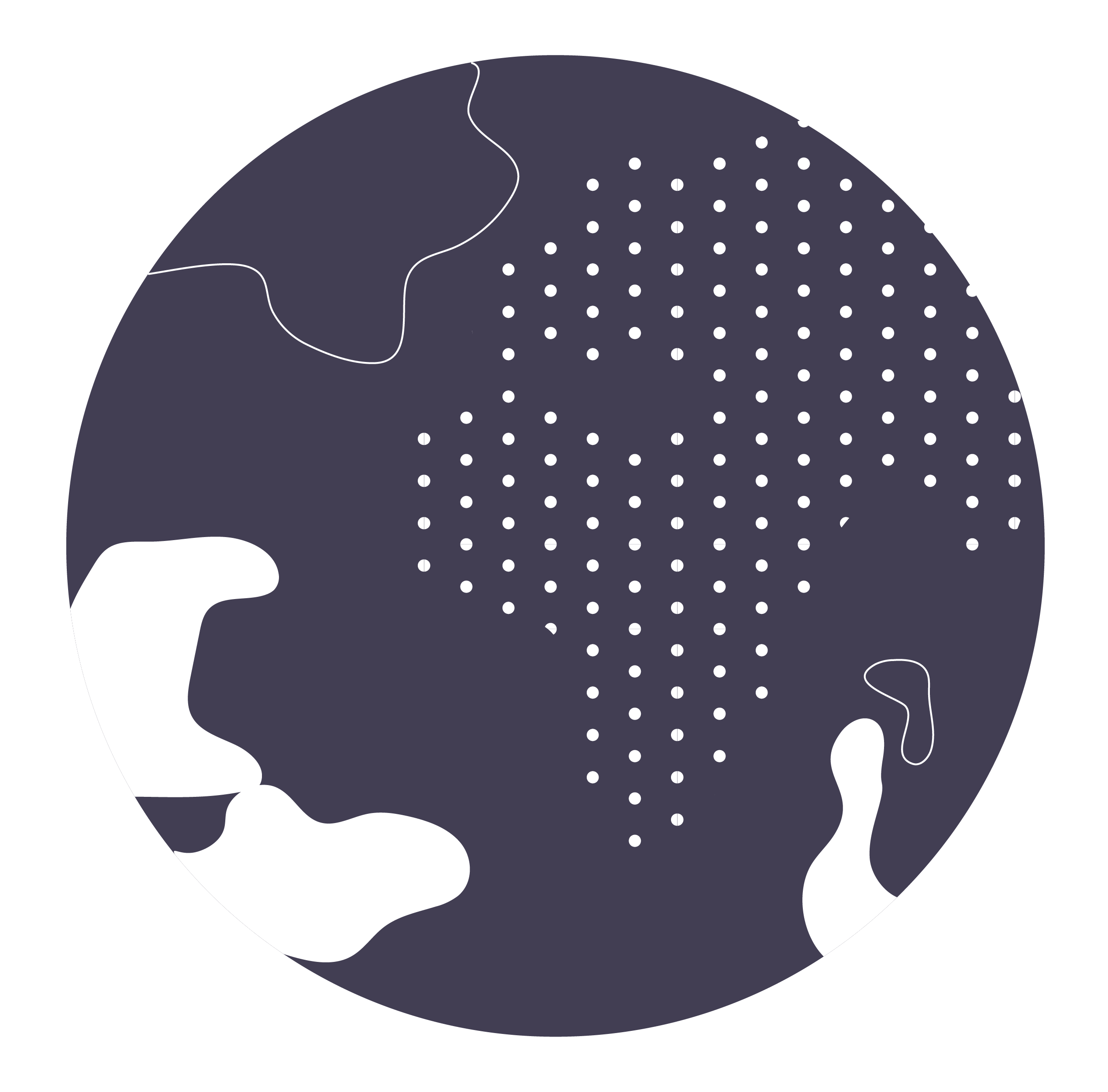
Women Moving Millions would like to thank the United Nations Foundation for their support on the webinar series, as well as all the speakers who gave their time and our members who were engaged in the series.
We’d also like to thank Digitronix and Global Office Consulting for their support in creating this report.

A GENDER-EQUAL FUTURE IS POSSIBLE. WE CAN ALL
Use the power of your voice and influence to accelerate progress toward a gender
equal world.
